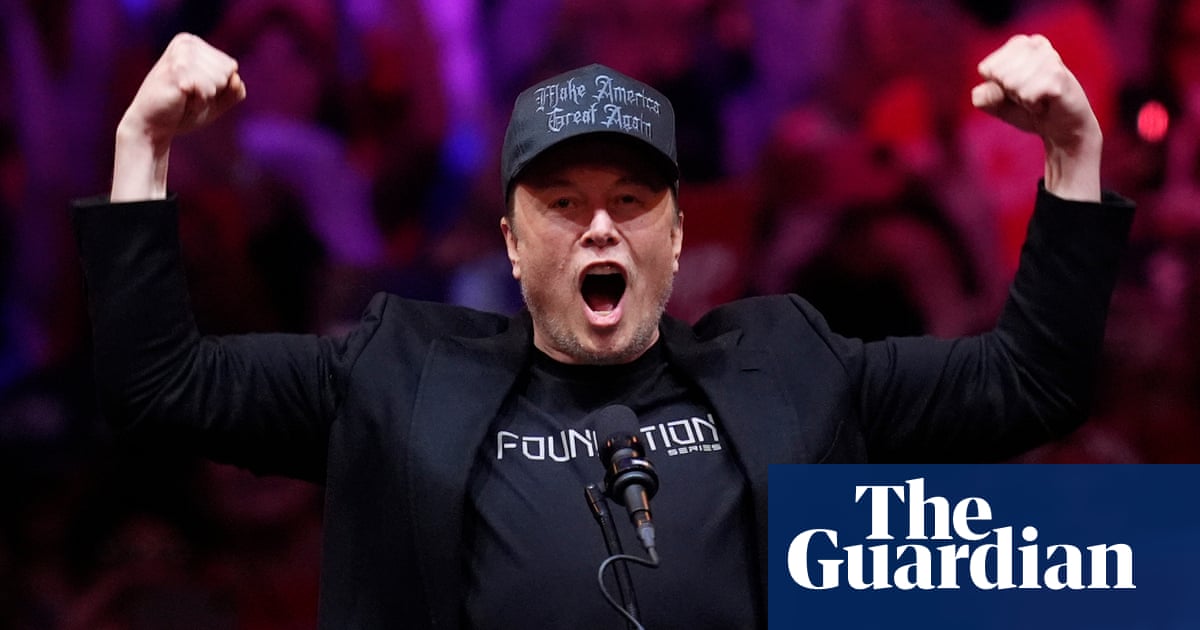 |
|
The German government has leveled serious accusations against Elon Musk, alleging his repeated endorsements of the far-right Alternative für Deutschland (AfD) party constitute an attempt to influence the upcoming German federal election. Government spokesperson Christiane Hoffmann explicitly stated that Musk’s actions on X (formerly Twitter) and his opinion piece in the broadsheet Welt am Sonntag represent an effort to meddle in the election. This assertion has ignited a firestorm of controversy, with politicians across the political spectrum condemning Musk's intervention as inappropriate and potentially harmful to the integrity of the democratic process. Hoffmann, while acknowledging Musk's right to freedom of speech, characterized his actions as promoting “the greatest nonsense,” highlighting the gravity of the situation and the German government's clear disapproval.
Musk's involvement extends beyond simple endorsements. He previously referred to Chancellor Olaf Scholz as a “fool” on X. However, his recent, more direct calls for voters to support the AfD, a party designated by federal authorities as a suspected extremist organization, have prompted the most intense criticism. Musk's statement, “Only the AfD can save Germany,” coupled with the sharing of a video by German right-wing influencer Naomi Seibt, further fueled the outrage. His subsequent guest editorial in Welt am Sonntag, which defended the AfD against accusations of extremism and praised its economic policies, added fuel to the fire. The strong reaction to the article, including the resignation of Eva Marie Kogel, the editor of the newspaper's opinion section, underscores the significant impact Musk's words have had on the German political landscape.
The condemnation of Musk's actions is widespread and bipartisan. Health Minister Karl Lauterbach of Scholz's Social Democratic Party (SPD) described Musk's intervention as “undignified and highly problematic,” while Friedrich Merz, the conservative frontrunner in the election, characterized it as “intrusive and presumptuous.” Merz went even further, claiming that he couldn't recall a comparable instance of interference in the election campaign of a friendly country in the history of Western democracies. This highlights the exceptional nature of the situation and the deep concern it has generated among German political leaders. President Frank-Walter Steinmeier, while not mentioning Musk by name, warned against “outside influence” in the campaign and specifically cited recent attempts on X to sway the vote, signaling his implicit criticism of Musk's actions. The timing of Musk’s interventions, coinciding with a snap election called after Scholz's coalition collapsed, adds further weight to the accusations of interference.
Musk's argument in his Die Welt op-ed attempting to mitigate the AfD's image as a right-wing extremist party is noteworthy. He cited AfD co-leader Alice Weidel's same-sex partner from Sri Lanka as evidence against this characterization, questioning whether this aligns with the image of the Nazi party. This strategy, however, has been largely ineffective in deflecting the criticism. The AfD's own connections to the Trump camp, including Weidel's early welcome of Trump's election victory and AfD activists posing for photos with Trump, further complicates the situation. This intermingling of German and US right-wing politics adds an international dimension to the controversy, raising concerns about foreign influence on German elections. The current polling numbers show the AfD polling at approximately 19%, making it the second-largest party behind the CDU/CSU (at 31%). A strong AfD showing could significantly complicate coalition building after the election, as all mainstream parties have rejected collaboration with the AfD.
The accusations against Musk highlight the complexities of freedom of speech in the digital age, particularly when it intersects with electoral processes. While Musk's supporters may argue that his actions are merely expressions of his political views, his immense platform and influence render his words far more significant than the average citizen's. The German government's response demonstrates its commitment to safeguarding the integrity of its elections from external interference. The ensuing debate not only sheds light on the challenges of regulating online political discourse but also raises critical questions about the responsibilities of powerful individuals with substantial platforms in shaping public opinion, especially during crucial election periods. The incident underscores the delicate balance between the right to free speech and the need to prevent undue foreign influence on domestic political processes. The long-term effects of Musk's actions on the German election and the broader implications for online political discourse remain to be seen.
Source: German official accuses Elon Musk of trying to influence election
